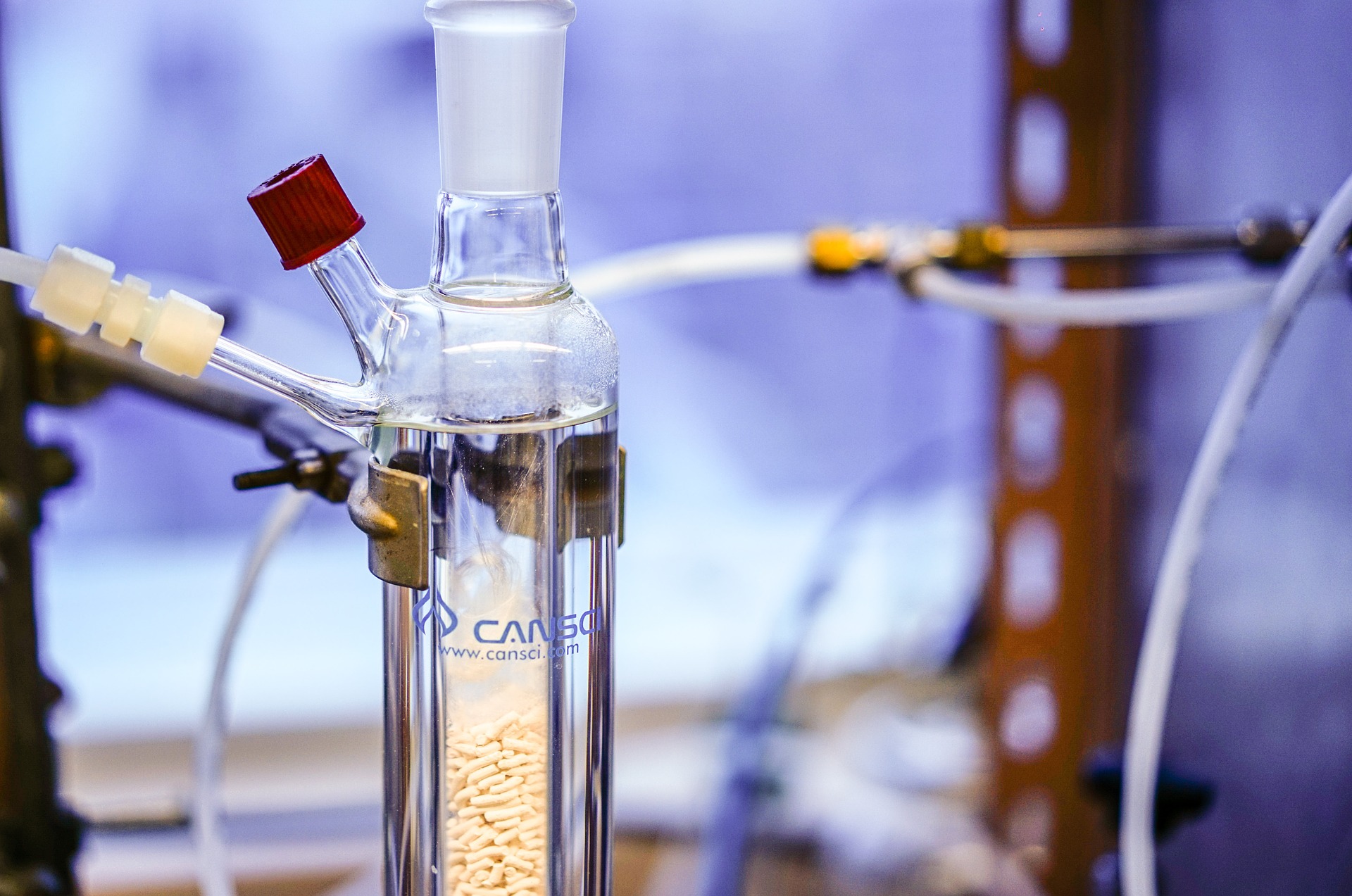Since 2012, it seems researchers have discovered a steady stream of new applications for ketamine. Introduced as an anesthetic in the early ‘70s, it has more recently gained popularity for its highly impressive antidepressant and antipsychotic qualities. Ketamine research shows that infusions, when administered following the proper protocol under expert supervision, dramatically improve depressive symptoms in upwards of 70% of patients. Similarly extraordinary results have manifested in ketamine studies pertaining to PTSD prevention and treatment, addiction treatment, and chronic pain management.
Despite the potentially life-changing qualities of ketamine – notwithstanding the positive results of one ketamine research study after another – there are still many misconceptions about the efficacy of ketamine for depression. There is a lot of resistance against the use of ketamine for depression, with the mis- and under-informed vehemently opposing the drug based on its history of recreational abuse. While it’s true that ketamine, like many other pharmaceuticals, can be abused, the benefits of using the drug far outweigh the risk in a properly selected patient population.
This isn’t the first instance of close-mindedness in the mental health industry. It most likely won’t be the last. The best we can do is share ketamine research results with as many people as possible, in an effort to change the negative stigma and bring hope to those who are suffering.
RECENT KETAMINE RESEARCH & STUDIES
It’s an exciting time for ketamine, as several recent studies have shed light on a possible anti-depressive mechanism, which might allow pharmaceutical companies to develop a similar drug that offers the same rapid relief as ketamine, without some of the less desirable side effects – and without the stigma. Here are some of the most pertinent articles about ketamine research results:
COULD PARTY DRUG KETAMINE BE A TREATMENT FOR DEPRESSION?
Rolling Stone | June 21, 2017
This article is a worthwhile read, rich with ketamine success stories, as told by patients themselves. Don’t miss the closing section, which details the past and future progression of ketamine research – what has already been done, and where research is going from here.
THERE’S MORE PROOF THAT KETAMINE WORKS FOR DEPRESSION
Time | June 21, 2017
As the title suggests, this article presents ketamine research above and beyond the research that already exists in support of ketamine for depression. Finding the exact way in which ketamine works on the brain’s NMDA receptors is a “researcher’s dream,” and one that, according to this article, is closer than ever.
RESEARCHERS LEARN HOW KETAMINE ACTS ON THE BRAIN
PsychCentral | June 23, 2017
University of Texas Southwestern Medical Center researchers have identified a key protein that may be responsible for ketamine’s rapid antidepressant effects. This discovery may enable researchers to develop new drugs that can replicate the effects of ketamine, without the side effects.
SCIENTISTS ARE REFORMULATING THE PARTY DRUG KETAMINE TO REMOVE ITS TERRIBLE SIDE EFFECTS
Quartz | June 25, 2017
While we don’t think the side effects of ketamine infusions qualify as “terrible,” we do think it’s great that, based on the discovery of a key protein, researchers have already hit the ground running to develop a comparable antidepressant, sans side effects. “This has been one of the most exciting developments in the field of psychiatry in a long time,” says one of the researchers. Perhaps it results in an intersection between traditional antidepressants and ketamine, or maybe it marks the birth of a new and quite revolutionary mental health progression. Either way, we’re excited to watch the story unfold.
MORE KETAMINE RESEARCH & NEWS
The above articles are the most recent to date, but there are years worth of studies that all point to the same conclusion: ketamine is highly effective at treating even the most stubborn cases of depression. You can read through more ketamine research here.
CONTACT VITALITAS DENVER
If you have questions or concerns about the use of ketamine infusion therapy for the treatment of depression, anxiety, PTSD, psychiatric disorders or chronic pain, please feel free to contact us using the brief form below. We are happy to help you better understand the value of ketamine infusions and decide if they could help you or a loved one.


